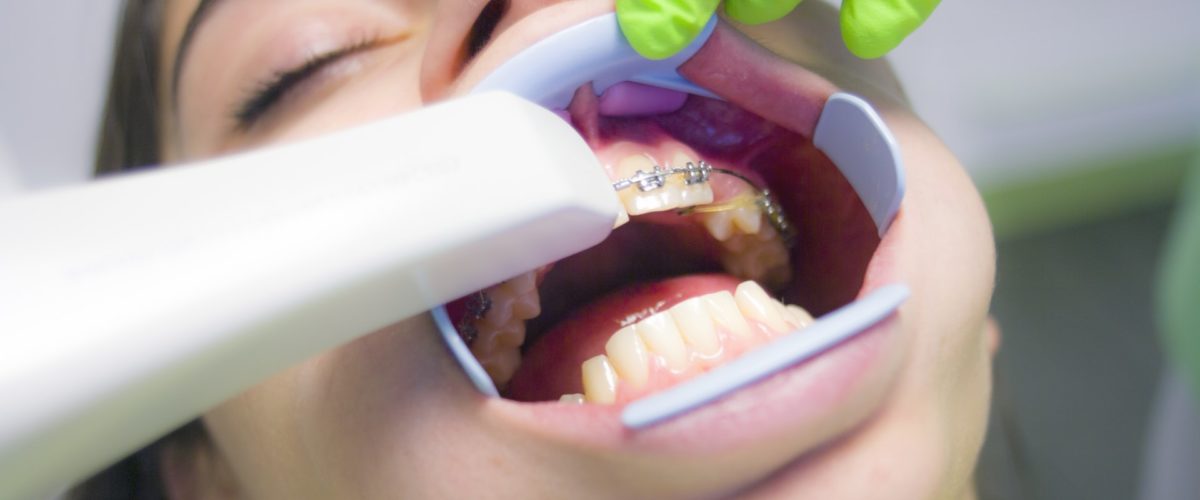There are many reasons why braces are recommended. It can range from simply improving the cosmetics of your smile, bite correction for proper function, or promoting optimal gum health. Aligning the teeth properly will improve the overall longevity and preservation of the teeth. Force gets placed on teeth when we chew food and gum, and even when the jaws are at rest with upper and lower teeth in contact. If you have missing teeth, rotated teeth, crowding, or large spaces, the forces are not distributed evenly, which results in more stressed placed on some teeth than others. This stress could lead to dental problems, such as fractures in teeth or tooth infections.
Braces are options for many people, but there are certain reasons why they might not be an option for you. The first thing to do is to have an exam with your general and cosmetic dentist. They will take xrays and perform a clinical evaluation of your mouth. Your general dentist will evaluate your teeth, gum health, bone health, existing restorations, and check for cavities and signs of periodontal disease.
A plan will be formulated for your specific dental needs. There may be new cavities or cavities around existing cosmetic crowns, that need to be corrected before you start you braces. If you are interested in cosmetic porcelain veneers, you probably will have to get braces first and properly align the teeth so that your veneers will fit and look better.
Orthodontics is a specialty branch of dentistry that focuses solely on moving teeth. Some general dentists or cosmetic dentists may offer some type of orthodontic services, such as Invisalign. Do your research in this case and make sure the general dentist has the training, credentials, and experience in orthodontics. Don’t necessarily go to the specialist with the lowest price, as in most things in life, you get what you pay for. Some people think they are too old for braces, but it’s never to late.
The best thing to do is make an appointment with your general dentist first. They will most likely refer you to an orthodontist. Many orthodontists have a complimentary consultation, and they won’t charge you for the xrays they need to take to help in their evaluation of your teeth. They will be able to give you an estimate of how long you will be in braces, and how much it will cost. You usually visit the orthodontist every 6 weeks for about 30 minutes for evaluation of tooth movement and adjustments. There is usually some discomfort the first few days after the appointments, but nothing that ibuprofen can’t handle. As I always say, no pain…no gain!




